Why are cities relevant for the circular economy?
Cities account for 85% of global GDP generation and are also huge collectors of materials and nutrients, accounting for 75% of natural resource consumption. Cities also produce 50% of global waste and 60-80% of greenhouse gas emissions.
With their high concentration of resources, capital, data, and talent spread over a relatively small geographic area, cities are uniquely positioned to drive a global transition towards a circular economy.
— Ellen MacArthur Foundation
Benefits for cities
- Economic productivity increases through reduced congestion, eliminated waste, and reduced costs. New growth and business opportunities support skills development and jobs.
- Improved air quality, reduced pollution, and enhanced social interactions
- Reduced reliance on raw materials by keeping products in use and balancing local production with global supply chains
How other cities are transitioning towards a circular economy
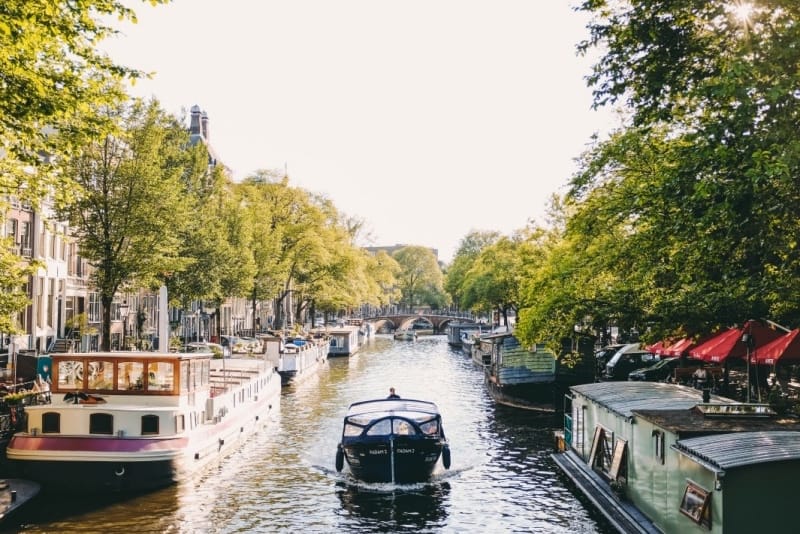
Amsterdam
In 2016, the City of Amsterdam initiated a project to identify areas that can have the biggest potential within a circular economy. Since then, multiple pilot projects, initiatives and city-level strategies have been launched.
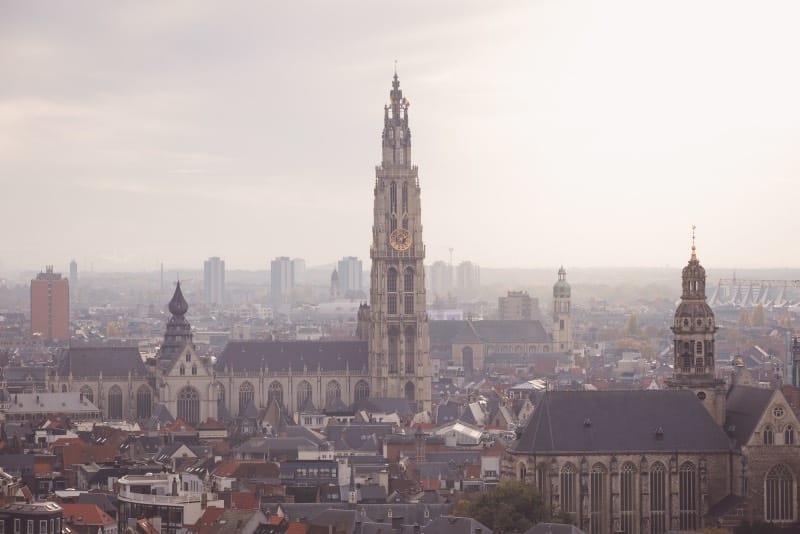
Antwerp
Named “Circular South”, the project took a participative approach, the city and residents testing advanced technological solutions together, through online and offline activities.
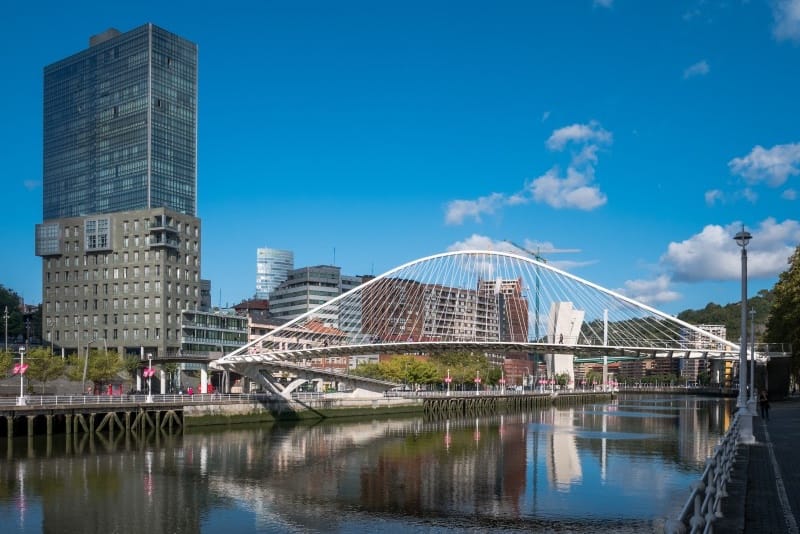
Bilbao
Circular Basque is an initiative promoting the development of new innovation models from a technological, non-technological, and also social perspective.
Brussels
Under the Brussels Regional Program for a Circular Economy 2016 – 2020, the government developed 111 measures divided in 4 strategic areas.
Gothenburg
Inspired by the global collaborative movement and local grassroots initiatives, Gothenburg focused on product life extension – by developing digital tools that makes it easy to swap, rent, share, and maintain.

Glasgow
Circular Glasgow developed a strategic action plan that targets key industries with large potential in applying circular practices. The plan encourages local organizations to innovate through new circular design strategies and providing tools and expert knowledge for SMEs.
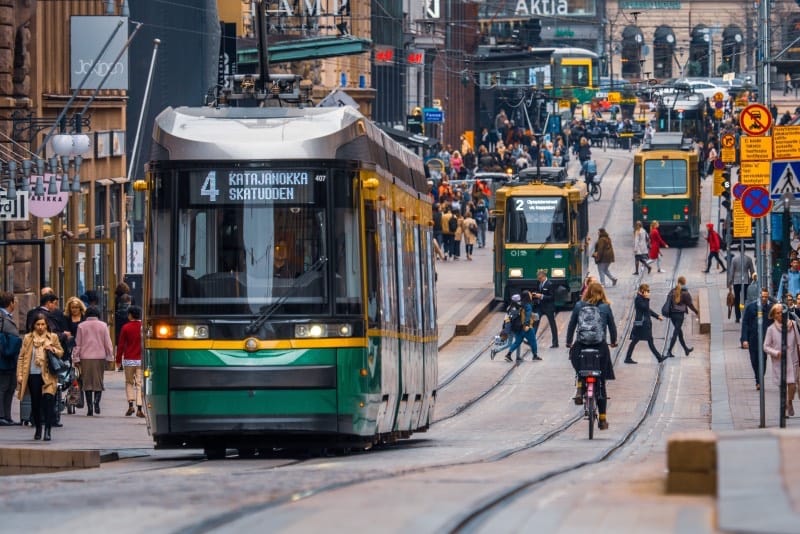
Helsinki
Helsinki is part of Finland’s national road map to a circular economy, which includes the six key projects and dozens of pilots – which are the start of Finland’s transition towards a circular economy.

Ljubljana
Ljubljana is part of the first Slovenian Circular Economy Roadmap, that aims to pave the way towards transitioning from a linear to a circular economy in Slovenia through an inclusive multi-stakeholder process.

London
The Circular London programme focuses on engaging industry stakeholders, through actions such as a business advisory programme and an innovation accelerator for the built environment sector.
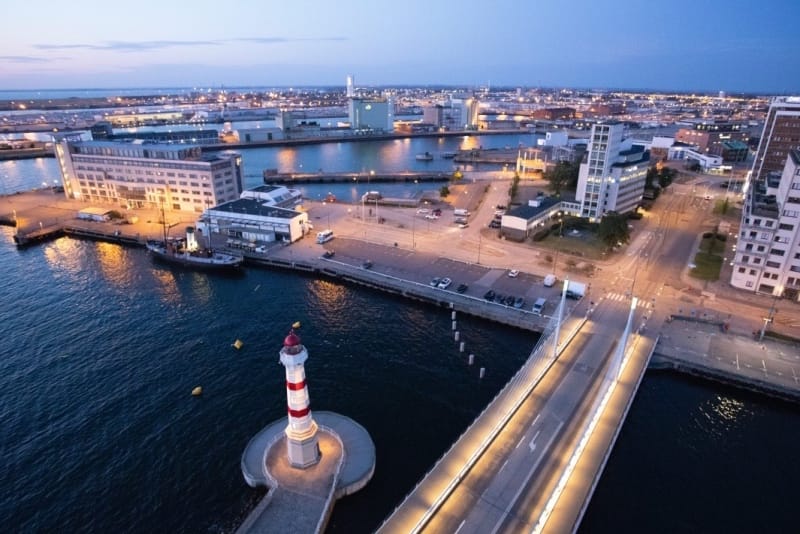
Malmö
The development of a new neighbourhood in Malmö has been built around the concept of active consumerism, giving residents the ability to understand their energy needs and control their spend.

Rotterdam
Rotterdam developed a circular roadmap around 4 key industries and its major port, aiming for new jobs and breaking the dependency on raw materials.
You may also like…
Stay up to date with all things circular economy in Berlin.
